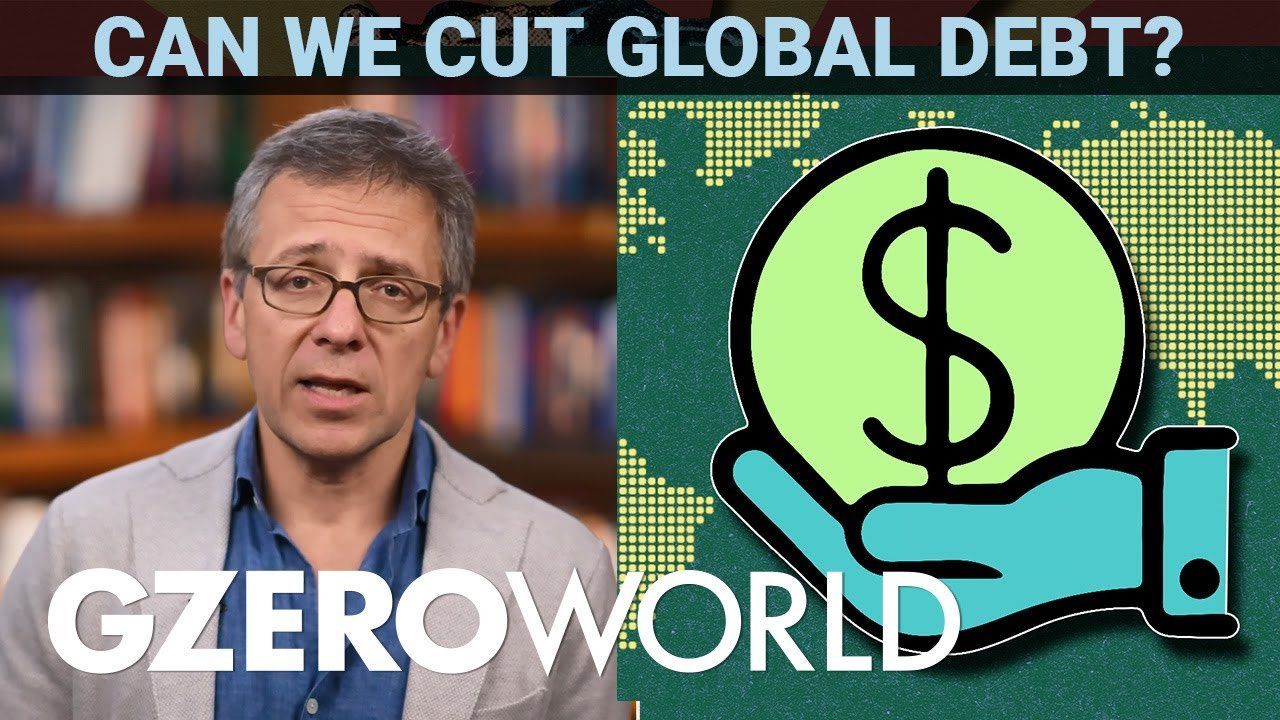Ian Explains
Ian Explains: Why is global debt so high?

Ian Explains: Why is global debt so high? | GZERO World with Ian Bremmer

As of 2023, global debt as ballooned to an eye-watering $300 trillion. That’s an average of $37,500 for every person on the planet.
Why is global debt so high? Decades of low interest rates and cheap good made money easy to borrow. Then, along came a pandemic which stalled growth and a war in Ukraine that drove food and energy prices through the roof.
While these crises impacted just about every nation on Earth, they didn’t react in the same way. The US and the European Union pumped trillions of pandemic stimulus money into their economies to keep them afloat, but poorer nations kept borrowing money they couldn’t afford to pay back. Now, an estimated 60% of those countries are facing debt distress and rising inflation means paying down those bills is more expensive.
Can the world do anything about the impending debt crisis before it’s too late?
On GZERO World, Ian explains what the debt problem means for the global financial system and whether it needs to be transformed to confront the economic realities of the developing world.
In this Quick Take, Ian Bremmer reacts to President Trump’s State of the Union address, calling it “a rehashing of the greatest hits” with little new policy direction.
Small business hiring surged 7% above the 2024 average in December, led by a surprise rally in retail. But with uncertainty still historically high and mounting concerns over tariffs, can this momentum survive 2026? Explore the data behind the resilience of the US small business sector. Get the latest economic insights from Bank of America Institute.